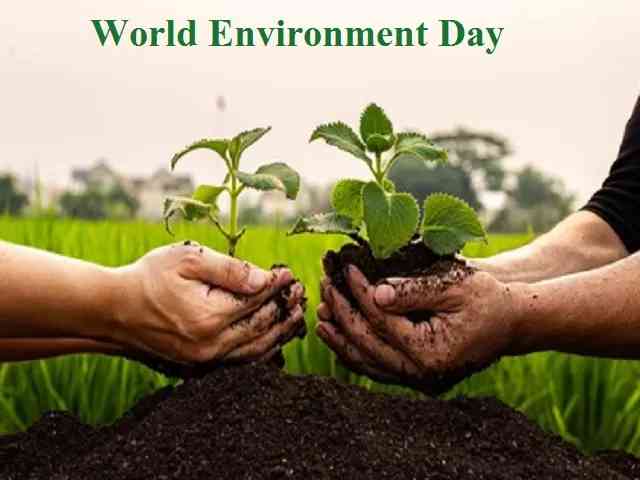
ZIMBABWE continues to face a myriad of environmental problems ranging from pollution, mining waste dumps, resource depletion, deforestation and land degradation, according to Centre for Natural Resource Governance (CNRG).
In a statement to mark the World Environment Day running under the theme: Land Restoration, Desertification, and Drought Resilience, on Wednesday, CNRG said several communities were witnessing environmental degradation on a scale never seen in the country’s recorded history.
CNRG said a significant portion of Zimbabwe’s arable land had been rendered unusable due to mining activities.
"Zimbabwe’s natural resources — from its vast woodlands and wildlife to its mineral wealth and water sources — are the foundation of the economy and the lifeblood of communities," CNRG said.
"Currently, these resources are under increasing threat from unsustainable mining practices, weak governance, and the devastating impacts of climate change.
"Integrating development with robust environmental management has become a major concern. The mining industry thrives at the expense of the environment, posing a serious threat, especially to mining host communities and future generations."
CNRG said the organisation had documented numerous cases of illegal mining, deforestation and other environmentally destructive activities that are degrading Zimbabwe’s ecosystems and depriving local communities of their rightful benefits.
In a related development, United Nation's resident and humanitarian co-ordinator Edward Kallon said droughts could affect over three-quarters of the world's population by 2050.
- Zida approves US$557,8m new projects
- AILING CAPS UTD IN CRISIS MEETING
- AILING CAPS UTD IN CRISIS MEETING
- COP26 a washout? Don’t lose hope – here’s why
Keep Reading
"With up to 40% of the planet's land degraded, directly impacting half of the world's population and the number and duration of droughts increasing by 29% since 2000, urgent action is needed," he said as he commemorated the World Environment Day at the Geo Pomona Waste Management Site in Harare on Wednesday.
Kallon said there was need to strengthen policy or legal frameworks in agriculture and land management, including sustainable land use planning and incentives for sustainable farming and agro-forestry.
"Scale up resilience and community asset-building initiatives, focusing on young people and climate-resilient farming practices such as water harvesting and management technologies.
“Enhance research and development — agronomy and crop research, introducing drought-tolerant crop varieties and seed and optimising productivity. The youth can play a vital role in this," he said.
Kallon added there was also need to invest in climate-smart, environmentally friendly local institutions and markets to ensure sustainable food security.










